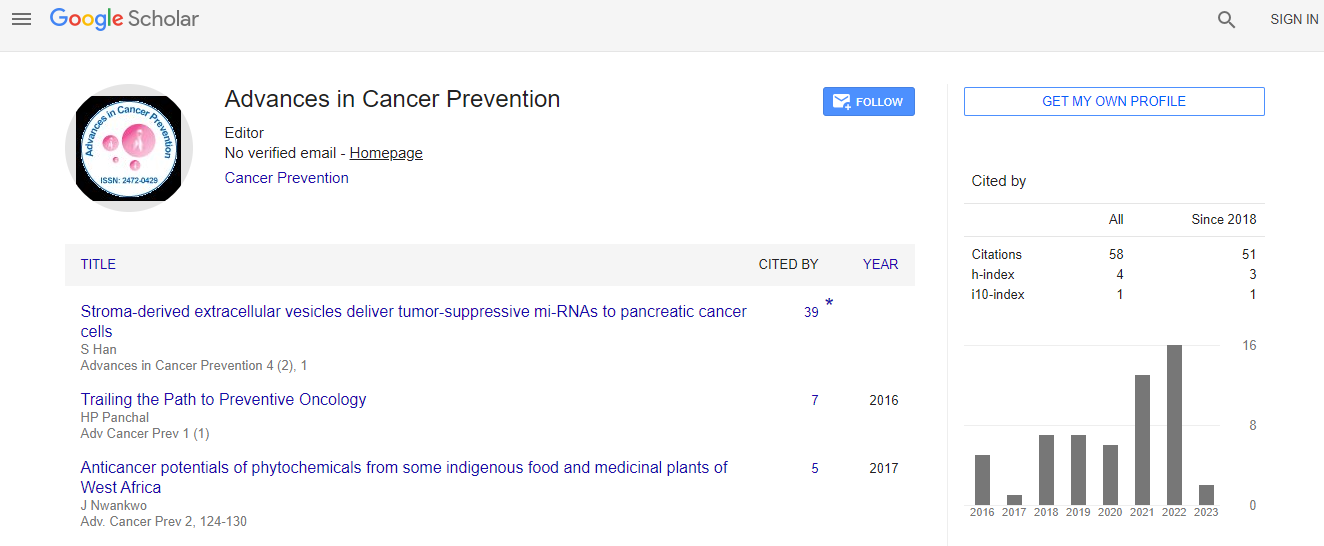Evaluation and treatment of overweight during the COVID-19 period.
Abstract
Evaluation and treatment of overweight during the COVID-19 period. Adolescents were divided in groups according to the level of pericardial effusion ((group 1:
3 millimeters ; group 2: 3 millimeters - 8 millimeters and group 3: > 8 millimeters). Characteristics were presented by their mean standard deviation.
Data were tested for normality by Kolmogorov-Smirnov test.
As normality could be assumed for all characteristics; groups were compared by independent student-t-test (when comparing two groups :group 1 versus group 2+ 3 combined) and one- way analysis of variance (ANOVA) with least significant differences (LSD) post hoc comparison tests (when comparing 3 groups).
We also analysed the influence of different characteristics on the actual measurement of pericardial effusion. The independent contribution of potential risk factors on the logarithm of pericardial effusion was then assessed by multiple linear regression analysis.
Results
29 patients ( 22.2% ) were diagnosed with a pericardial effusion ( 0.35 cm-2.5 cm).
After 3 months refeeding , the effusions disappeared in 18/29 patients while in 7/29 patients a pericardial effusion above 0.3 cm persisted.
4/29 patients discontinued their therapy and were lost to follow-up.
Conclusion
Pericardial effusions occur relatively frequently in anorexic youngsters.
Risk factors: BMI 13,5 kg/m², weight loss 25% and IGF-1 100 ng/ml..

 Spanish
Spanish  Chinese
Chinese  Russian
Russian  German
German  French
French  Japanese
Japanese  Portuguese
Portuguese  Hindi
Hindi 